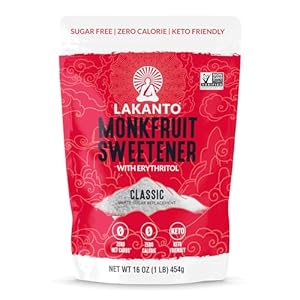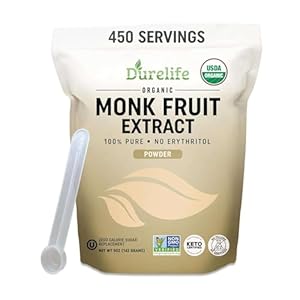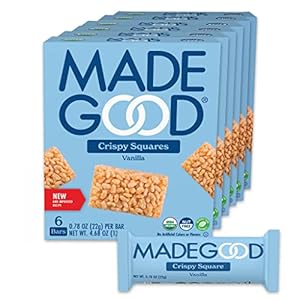You might not realize how food contamination in Ghana can impact your health. With various biological, chemical, and physical hazards lurking in the food supply, staying informed is essential. Poor hygiene practices and inadequate storage can lead to serious health risks. But what can you do to protect yourself and your family? Understanding the types of contamination and the factors at play is the first step in safeguarding your meals.
Types of Food Contamination in Ghana
When it comes to food contamination in Ghana, several types pose significant risks to public health.
You should be aware of biological contamination, which includes bacteria, viruses, and parasites that can thrive in improperly handled food.
Chemical contamination is another concern; pesticides and food additives can lead to serious health issues if consumed in unsafe levels.
Physical contamination happens when foreign objects like metal or glass find their way into food, potentially causing injuries.
Additionally, cross-contamination can occur when raw foods come into contact with cooked foods, spreading harmful pathogens.
Staying informed about these types of contamination helps you make safer food choices, ultimately protecting your health and that of your community.
Always prioritize food safety in your daily practices.
Factors Contributing to Food Safety Risks
Although many people may not realize it, several factors contribute to food safety risks in Ghana. Poor hygiene practices among food vendors and consumers increase the chances of contamination.
Inadequate storage facilities often lead to spoilage, especially in the hot climate. Additionally, the lack of proper food handling training for workers means that unsafe practices are common.
Pesticide misuse in agriculture can leave harmful residues on produce, posing further risks. Limited access to clean water exacerbates these issues, as many rely on unsafe sources for washing food.
Finally, weak regulatory enforcement allows substandard products to enter the market, leaving consumers vulnerable. By understanding these factors, you can make more informed choices about the food you consume.
Health Consequences of Food Contamination
Food contamination poses serious health risks that can affect anyone consuming unsafe products. You might experience gastrointestinal issues like nausea, vomiting, or diarrhea after ingesting contaminated food.
In some cases, foodborne illnesses can lead to severe complications, including dehydration, kidney failure, or even death, particularly among vulnerable groups like children and the elderly.
Additionally, long-term exposure to certain contaminants can result in chronic health problems, such as liver damage or cancer.
It’s essential to recognize the signs of foodborne illnesses, as early detection can prevent more severe consequences.
Strategies for Protecting Yourself and Your Family
To ensure you and your family stay safe from food contamination, it’s crucial to adopt proactive measures in your kitchen and shopping habits.
Start by buying fresh produce from reputable vendors and check for any signs of spoilage. Always wash fruits and vegetables thoroughly before consumption.
In your kitchen, practice proper food storage; keep raw meats separate from other foods to avoid cross-contamination. Cook meals to the right temperatures and refrigerate leftovers promptly.
When dining out, choose restaurants with good hygiene ratings.
Educate your family about food safety practices, such as washing hands before meals.
Conclusion
In conclusion, staying informed about food contamination in Ghana is crucial for your health and safety. By understanding the types of contamination and the factors that contribute to risks, you can take practical steps to protect yourself and your family. Always choose fresh produce from reputable sources, wash your fruits and vegetables thoroughly, and practice safe food storage and cooking techniques. Together, we can raise awareness and promote better food safety practices for a healthier community.
Trending Products

Lakanto Monk Fruit Sweetener With Erythritol, White Sugar Substitute From Monk Fruit Extract, Classic White Sugar Replacement for Baking, Coffee & Tea, Gluten Free, Low Carb, Non GMO, Keto, 1 LB Bag
$8.26 Buy product
Jack Link’s Beef Jerky Variety Pack Includes Original and Teriyaki Jerky, Bulk Protein Snack Bags, Good Source of Protein, Meat Snacks Made with 100% Beef, Individual Bags 1.25 Oz (Pack of 9)
$19.96 Buy product
Durelife Organic 100% Pure Monk Fruit sweetener, No Erythritol, Monkfruit Extract Powder, USDA organic NON-GMO Project Verified, Keto Certified, OU kosher No Fillers Zero Calorie Sugar Substitute 5 OZ
$29.99 Buy product
Twinings Lemon & Ginger Herbal Tea Individually Wrapped Bags, 100 Count (Pack of 1), Tangy Lemon, Spicy Ginger, Naturally Caffeine-Free, Enjoy Hot or Iced, 100 Teabags
$15.99 Buy product











